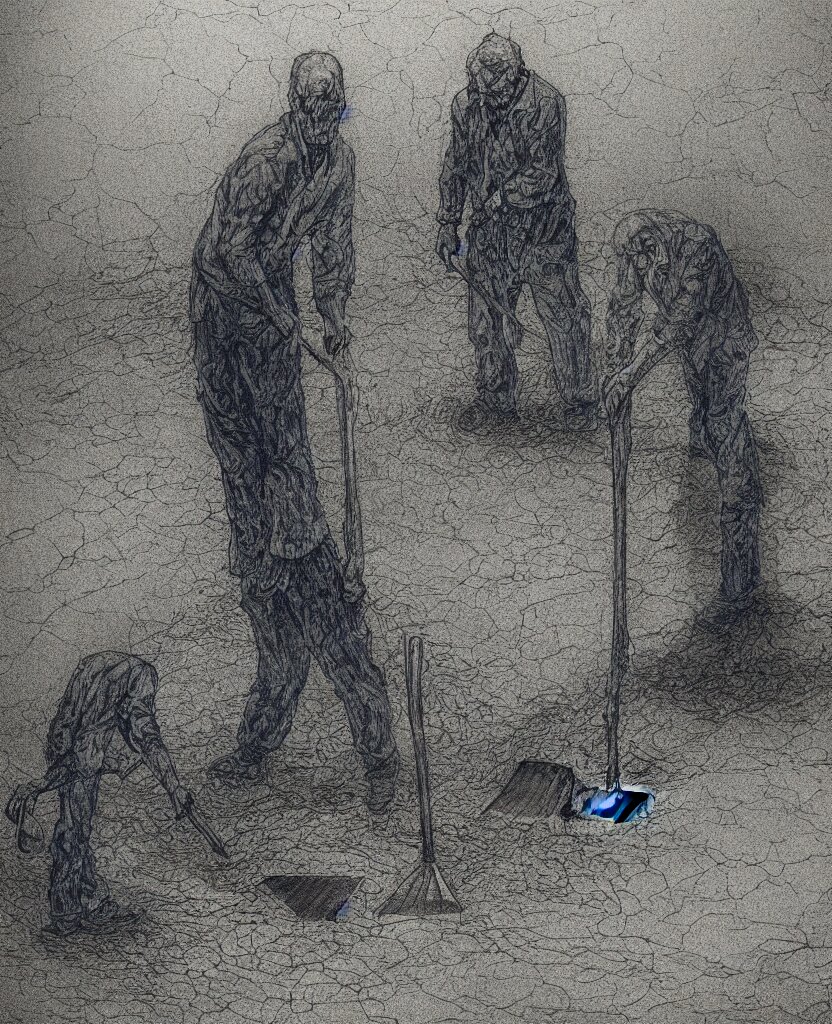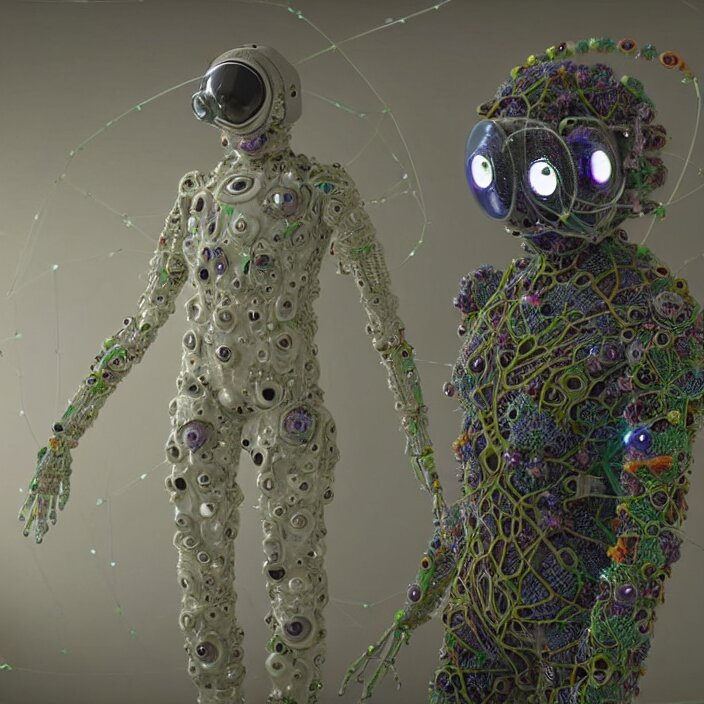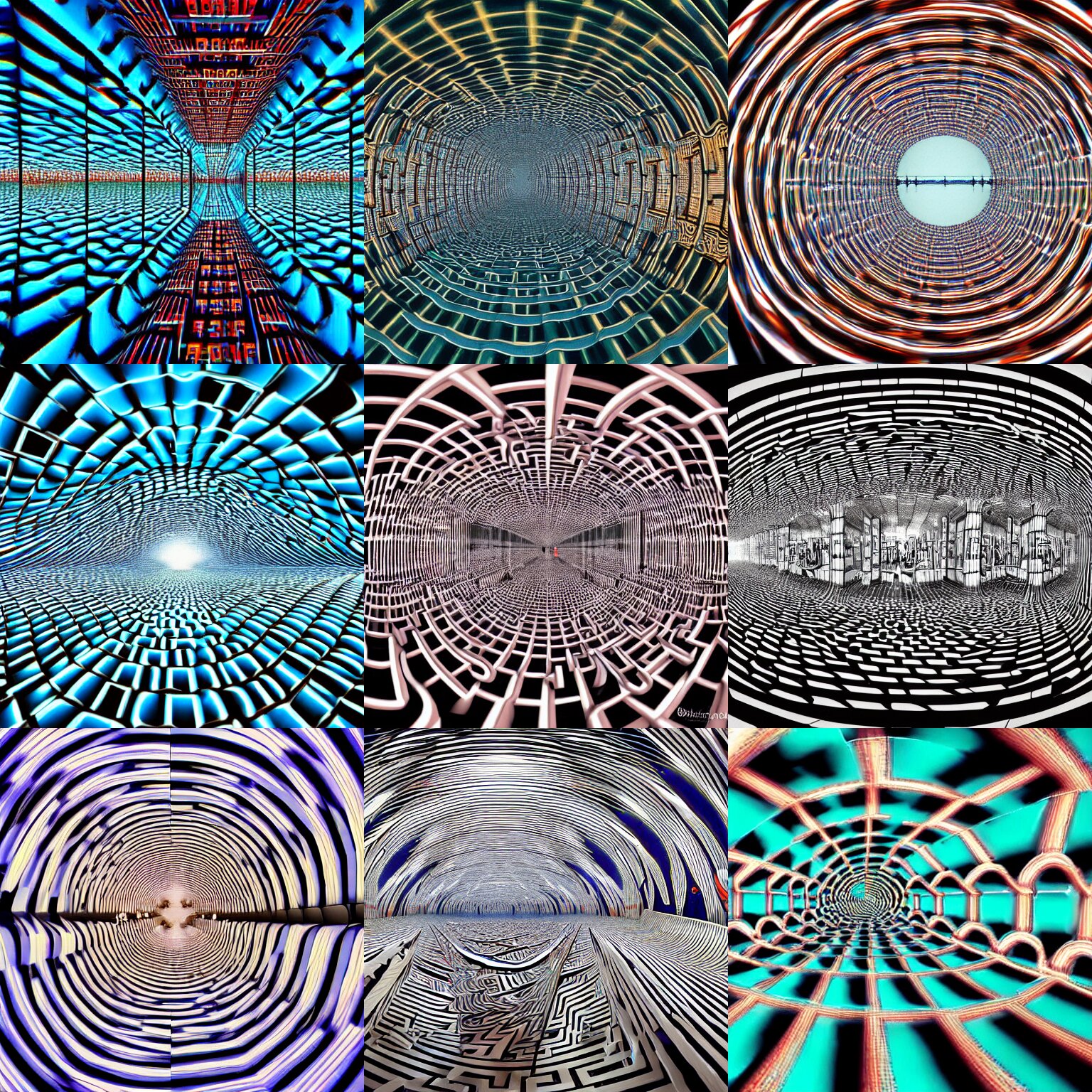#humans
Created at 2022-12-28
# [Anonymous feedback](https://www.admonymous.co/louis030195)
# [[Epistemic status]]
#shower-thought
Last modified date: 2022-12-28
Commit: 0
# Related
- [[Philosophy/Rationality/Social quota]]
- [[Philosophy/Humans/Blood relationships]]
- [[Philosophy/Humans/Human mind cannot keep up with the exponential growth of technology]]
# TODO
> [!TODO] TODO
# Dunbar number

Dunbar's number refers to a theory proposed by British anthropologist Robin Dunbar that suggests that humans can maintain social relationships with only a finite number of people (150 to be exact). This theory still holds true in our technological age of hyperconnectivity, despite the capacity to have hundreds and even thousands of 'friends' on social media sites. Dunbar's number implies that humans are still limited in how many meaningful relationships they can maintain, and that it is impossible to maintain genuine relationships with an infinite number of people. This is not to say that social media sites cannot be used to form meaningful connections, but that there is a limit to how many of these connections an individual can maintain

>Of course, at the Village stage, the company likely exceeds **Dunbar’s number** (the number of individuals with whom any one person can maintain stable relationships), and the founder simply won’t have time to meet one on one with every employee with any reasonable frequency
>~ [[Reid Hoffman - Reid Hoffman - Blitzscaling - The Lightning-Fast Path to Building Massively Valuable Companies - libgen.li|Reid Hoffman]].
Dunbar's number is a concept that suggests that the human mind is limited in its capacity to keep up with the exponential growth of technology. As technology advances, the number of relationships and connections that a person is able to maintain also increases, leading to potential social and cognitive overload. The concept of Dunbar's number raises concerns about the human ability to manage these increased levels of connectivity and the potential for an overall decrease in the quality of human relationships. It is an important issue to consider in the midst of a rapidly changing technological landscape, as it is necessary to maintain a balance between using technology in a way that enriches our lives and avoiding the potential for negative consequences on both our personal and professional relationships.
